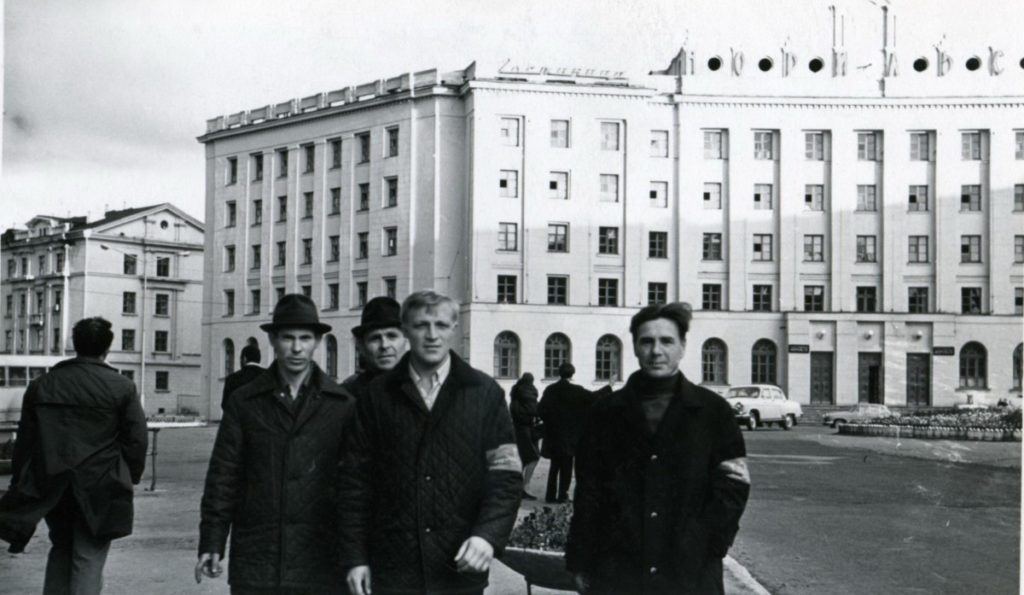#ARCTIC. #SIBERIA. THIS IS TAIMYR. True, polar policemen were mentioned much earlier. Back in 1931, the management of the Norilsk mine under construction announced the recruitment of employees into the ranks of the non-departmental police. In addition to wages, the police were provided with free utilities: a hostel, heating, lighting according to the norms established for the workers of the mine.
And on April 15, 1941, shortly before the official creation of the department, ten police officers were enrolled in the allowance of the Norilsk combine militarized guard as soldiers of the camp garrison.
In 1946, five permanent police posts were organized in the Norilsk settlement ‘to streamline traffic and keep order in public places’. This was done because of the rampant post-war crime.

Despite the raids to check documents and detain suspicious persons, detours in the cordon zones, regular raids and strict control over the prevention of contacts between prisoners and civilians, the situation worsened. The number of robberies and cases of hooliganism increased. There was no one to fight crime – out of 14 people provided by the state, in fact, two militiamen were on duty.
To facilitate the work of the police, in the fall of 1945, plaques with house numbers and street names were installed on all houses, registration of all civilians living in Norilsk was completed. The dormitory commandants and janitors were ordered to provide the police with full assistance in identifying hooligans and other offenders.
The culmination of the fight against crime was the horse streets patrolling. For this, the head of the horse-drawn transport department was ordered to allocate ten horses.
In the last issue of the History Spot photo project, we told about a group of skiers who reached the North Pole autonomously, without external support for the first time in history. A Norilsk resident Vasily Ryzhkov was among the travelers.
Follow us on Telegram, Instagram , Facebook and Twitter.
Text: Svetlana Samohina, Photo: Nornickel Polar Division archive







